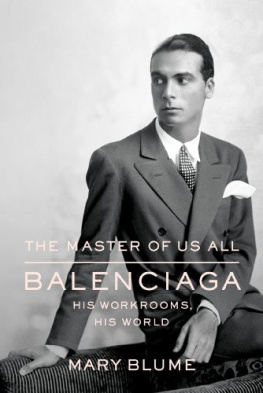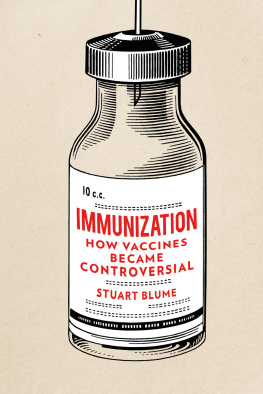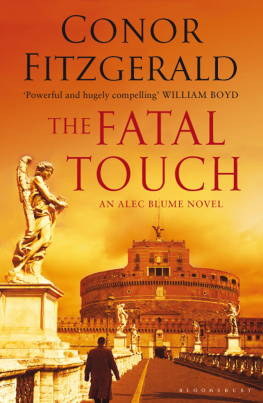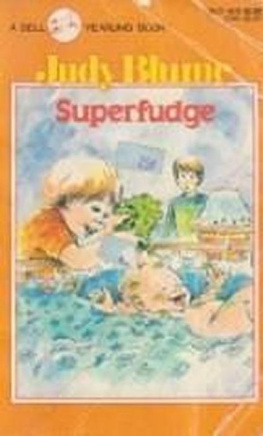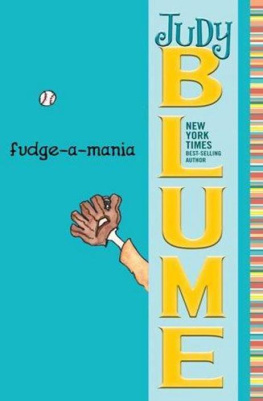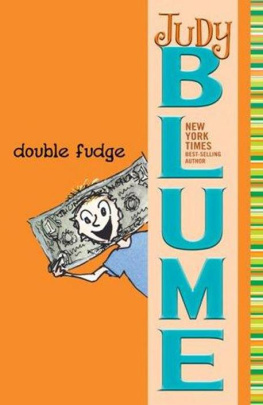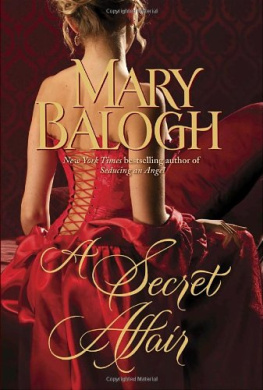
OTHER BOOKS BY MARY BLUME
After the War Was Over
Cote dAzur: Inventing the French Riviera
Lartigues Riviera
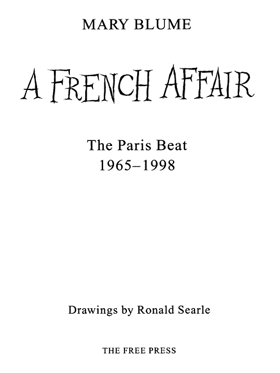

THE FREE PRESS
A Division of Simon & Schuster Inc.
1230 Avenue of the Americas
New York, NY 10020
www.SimonandSchuster.com
Copyright 1999 by Mary Blume
Drawings 1995, 1996, 1997, and 1998 by Ronald Searle
All rights reserved, including the right of reproduction in whole or in part in any form.
THE FREE PRESS and colophon are trademarks of Simon & Schuster Inc.
Designed by Pei Loi Koay
Manufactured in the United States of America
10 9 8 7 6 5 4
Library of Congress Cataloging-in-Publication Data
Blume, Mary.
A French affair: the Paris beat, 1965-1998 / Mary Blume.
p. cm.
1. Blume, MaryHomes and hauntsFranceParis. 2. National characteristics, FrenchHumor. 3. AmericansFranceParisAttitudes. 4. Women journalistsFranceParisAttitudes. 5. Paris (France)Social life and customs20th centuryHumor. I. Title.
944 .36dc21 99-17142
CIP
All the articles in this collection first appeared in the International Herald Tribune.
ISBN: 0-684-86301-4
ISBN-13: 978-0-684-86301-6
eISBN-13: 978-1-439-13638-6
CONTENTS
PREFACE
THERE ARE SO MANY RULES in France and no way to fathom or remember them. My first summer in Paris I made a tuna salad sandwich for a French friend. One does not put fish between bread, the friend pronounced. I still dont really understand this rule, or even know if it is true, but I have never since put fish between slices of bread.
In France, it is understood that one must try to obey the rules and that one will fail, and then comes the relieving moment when it doesnt matter: the French have problems with them too, and it is one reason they are so uncomfortable with each other. Rules of grammar, rules of fish, rules of conduct, coded phrases all act to separate people but the fact that these rules exist brings comfort and even unity: it makes them French and thus unique. Diverse in its unity, complex in its diversity, the French soul is made from contrasts which, melted together, compose a whole of rare originality, a forgotten academician wrote in LAme Franaise in 1936. The French are different from everyone else, which is their pride; they are also different from one another, which is their undoing.
I of course knew none of this when I drifted into the old Herald Tribune office off the Champs Elyses, beamish and eager and never having written, my only qualification as a journalist being the terrible typing that had made me unemployable in New York. (In those pre-computer days news copy looked like ransom notes and at Le Figaro reporters still wrote by hand.) The United States seemed to me bland then, and self-satisfied, the faces around me somehow (like my own) incomplete. The food had no flavor, the automobiles were too pillowy, the light too harsh. Paris was literally gray (the cleaning of every facade ordained by the novelist Andr Malraux in his new role as Frances first minister of culture was just underway), its skies were soft and wide. Everything had a taste and, in those days of outdoor iron toilets, called vespasiennes and rare washing machines, a smell. There were seasons, winter dark and bone-chilling in the absence of central heating and spring like a blessing with the first asparagus and, later, the cherries. I hadnt known that in the winter the sidewalk cafs are glassed-in, in fact I knew almost nothing except that Paris was very old, and to someone young this is in itself a delight. Later, I realized that history is what France has too much of.
Probably I came in part for Pariss past, not realizing that the past is several. For many of us the Lost Generation was still alive in memory and, to a degree, in fact: I once saw Alice B. Toklas, bent with age and silkily mustached, at a gallery opening, and had I had the money I could have bought Sylvia Beachs apartment near the Odon. There were shabby widows from both wars everywhere, mending nylons in shop windows that advertised stoppage, selling lottery tickets in rickety sidewalk booths, collecting a fee for letting people sit in the iron chairs in the Luxembourg Gardens or the Tuileries.
No one in the Paris of the early 1960s seemed to laugh (even a government plan to pay Parisians who smiled at tourists failed utterly). This bothered me later but at the time not at all because not laughing seemed somehow grown-up and Left Bank (I had, after all, seen pictures of glum postwar existentialists).
World War II was still too near, poisoning the atmosphere with its grief and evasions. No one talked about it except to mention the food shortages. The Parisians who had spent their youth under the Occupation seemed lethargic, ill at ease and enclosed, while the older generation who had known the interwar years were a delighteasy, debonair, generous and gay. They spoke beautiful French, whatever their class, and had a sense of pleasure all the more acute because most of them had lost family on the battlefields of World War I. What the later generation had lost in World War II was undefinedcomposure surely, as if the unanswered (and for a long time unposed) questions about Vichy had made them lose their footing. They had an arrogance that comes from being unsure of themselves, and each other.
They also had the president they needed, and deserved, Charles de Gaulle, a great statesman and a cynical manipulator of his countrymen. He invented the fiction that they had risen to free themselves from the Germans without help and, knowing the truth, he treated them with contempt. Normally unruly, the French were surly and cowed, more self-absorbed than ever. There was no sense of curiosity: when Buckminster Fuller, the venerable inventor of the geodesic dome and a bubbling torrent of ideas, gave an open-air lecture for Beaux Arts students of architecture almost no one came. Theyre all busy drawing Doric columns, an American exchange student explained to me.
De Gaulle was a master at playing on the dual French characteristics of anarchy and tractability until boredom overcame France in 1968. (The first sign that a ramshackle students movement might instead lead to bloodshed and nationwide alarm is now taken to be the famous Le Monde headline in March 1968: Quand la France SEnnuie, when France is bored.) And de Gaulles France was indeed boring and self-serving. The intellectuals, riven by the Occupation and the Cold War, abandoned their public role, except for de Gaulles tamed mythomaniac, Malraux, and retreated to private experiments in literary technique and to academe. The arts had been hijacked by the Americans, or so the French claimed, and the youth culture was slow to appear. When the Beatles played at the Olympia music hall they got second billing, and in 1966 there was a scandal over a fleeting pop star named Antoine because he had long hair and sang in a flowered shirt.
I WAS LEARNING HOW CONSERVATIVE France is and how it prefers novelty to the new. There was so much to learn and I was free to do so at the Herald Tribune, one of the oldest newspapers in Paris (it was founded by James Gordon Bennett in 1887) and certainly the quirkiest. I began on the womens page, then wrote back-page features, more or less on what I wanted. Reporters have (or used to have) the salutary saying that todays news wraps tomorrows fish: we are all in the ephemera trade, or were in less self-important days. Features are footnotes, a journalistic sideshow: sometimes they illuminate the main news, sometimes they relieve it. I learned that indirection was the best way to describe the complex society I was living in. I fled the quaint, was captivated by the unconsidered and found that by listening carefully and unobtrusively I could do interviews (shyness helped). It was like diving from the high board.
Next page

